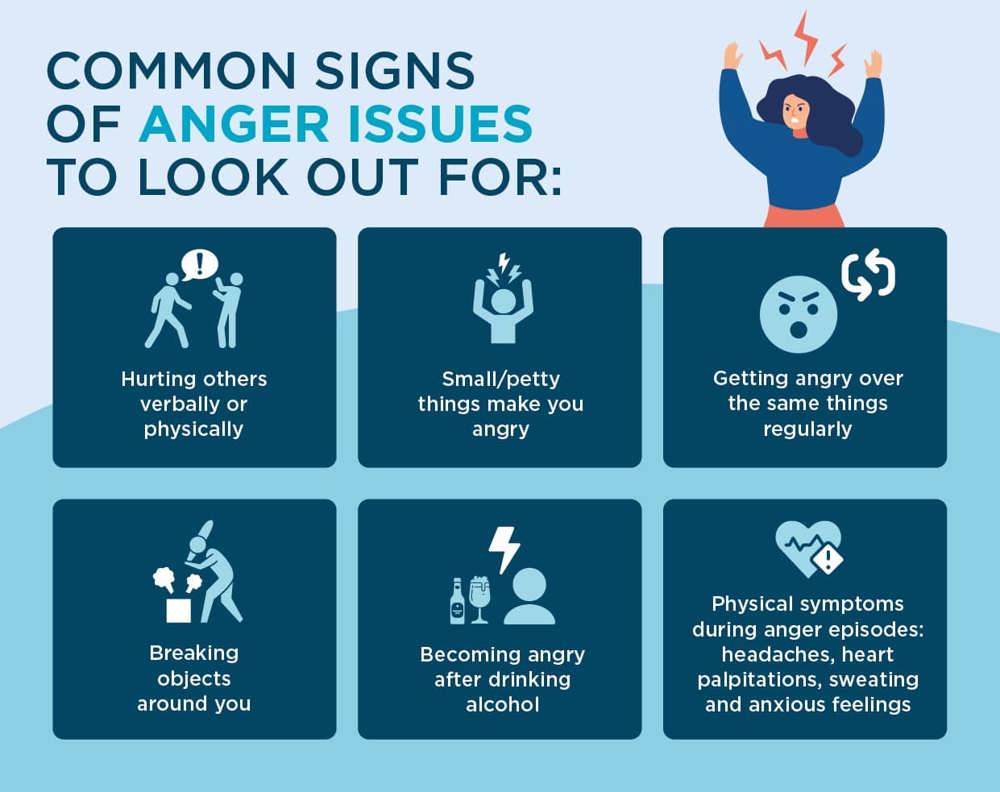Anger management: signs, self-help and treatment
If you're struggling to control your anger, recognising the signs can help you seek the right support.
Start your journey to recovery with Priory and learn more about our evidence-based mental health treatments, delivered by expert clinicians.











